The Real Issues Behind Lisbon's Municipal Elections
Despite appearances, the campaign for the municipal elections began over a week ago. Unfortunately, in recent days, the country has been in a trance discussing the accessory rather than the essential. The peace plan being discussed in Egypt was little more than a footnote compared to the attention given to the humanitarian flotilla participants. Just like serious international affairs that can truly have consequences for international politics and change people's living conditions, the municipal election campaign has not received the attention it deserves. Therefore, I decided to pick up the thread started by Susana Peralta's article in last Friday's Público to discuss a bit about Lisbon's real situation.
The Political Problem: Mayors Focused on National Ambitions
One of the central political problems in Lisbon's politics is the absence of attention that mayors give to the city. Most of the time, they are more focused on national politics and the media visibility that the position gives them. Confused? It's absolutely clear. With very rare exceptions—perhaps João Soares was one of them—the occupants of the City Hall perceive their position as an electoral springboard that allows them to dream of bigger flights. Sampaio was the PS leader, even suspended his mandate at the city hall to run in the 1991 legislative elections, and used the place to plan his candidacy for Belém from there. Santana Lopes was president for two years, then left for the functions of prime minister. After a series of presidents with little political relevance, António Costa remained as city council president for many years, during which he was a commentator and was always cooking the right moment to leave for the race to São Bento, which ended up happening in 2014. Medina, his enthroned successor, managed Lisbon while thinking of bigger flights and the post-Costism. As for Moedas' term, it seems to me there is a before and after Montenegro's consolidation in power. Moedas' first two years in power are notoriously different from the second. In the first, with the political situation still undefined regarding the PSD's future, it was evident that he was looking for the best record to, as city council president, not be forgotten in a possible succession within the PSD. It is notorious that since Montenegro consolidated his leadership in the party and the country, Moedas has been much more focused on governing the municipality. Let's hope that whoever wins the elections next Sunday has their head completely centered on the municipality and improving the lives of those who live there. Otherwise, the capacity to make deep reforms in the city will vanish.
The Economic Model: Tourism's Impact on Lisbon
In addition to the incentives of the politicians managing the City Council, Lisbon is also a victim of the political economy model that Portugal chose. Moedas is often pointed out as the culprit for the city's dirtiness, excess traffic, noise, or the uncontrolled crowds of tourists. It seems to me a mistake. There was a choice of a development model for the country in which tourism became one of the strongest industries. As is evident, Lisbon being the main tourist attraction pole in the country, it suffers from the negative and positive externalities. The excessive bet on tourism, without adequate regulation mechanisms, distorted the real estate market, increased the cost of living, and pushed residents out of the city. At the same time, it created a structural dependence on low value-added activities and precarious labor, hindering economic diversification. Lisbon became a space of consumption more than a space of life, which weakened its social fabric and reduced the municipality's capacity to respond to structural problems, such as housing, mobility, or environmental sustainability. The central problem in all this is that the political decisions that brought these changes to the city were made long before Moedas and, largely, by the national government. To summarize in one expression, there is little that the mayor of Lisbon can do to stop the wind with his hands. Note that this will apply equally if Alexandra Leitão becomes mayor. Moedas had the bad luck of catching the peak of the negative consequences of tourism for the city, which will not cease unless the national government reverses course in several dimensions. It is certain that tourism also brings a lot of money to the city, money that can be used for street cleaning or improving garbage collection. However, these are palliatives. The city's infrastructure is simply not prepared for the influx of people that circulate in the city every day. Lisbon is fighting the life difficulties of 2025 with an infrastructure from the 1950s, in a modern European city.
Infrastructure Deficiencies: The Case of Public Transport
This leads me to the last point I want to address, directly related to Susana Peralta's article. In that text, Susana argues that the Lisbon metro is a catastrophe and that public transport is far from serving the city's inhabitants and visitors with quality. I absolutely agree. I lived in Lisbon for many years and, for some years now, I have lived in Madrid. The difference between the two Iberian capitals is abysmal. Madrid's infrastructure, starting with the metro, passing through the airport, to buses and access to public services, should make Lisbon blush. The main beneficiaries of this are the middle class and lower-middle class. In Madrid, transport facilitates not only physical mobility but also the ability of people living in less central areas to enjoy the city. Where I diverge from Susana is in the potential solution to Lisbon's problems. Nothing can be done at the municipal level—hence her criticism of Moedas is, in my view, misdirected in the recipient. First, given the scarcity of Lisbon City Council's resources compared to the challenges it faces, infrastructure problems can only be solved with national public investment. As long as the national government does not decide to make serious investment in public transport in the Lisbon Metropolitan Area an effective priority, whoever occupies the City Hall will be irrelevant. Second, this plan will have to happen in an integrated logic and much more articulated throughout Greater Lisbon. Unfortunately, the latest metro investments have focused, once again, on the heart of the city. And the Metrobus will not solve anything. When Assunção Cristas, in 2017, spoke of a long-term plan to build twenty new metro stations, she was called megalomaniacal without a sense of reality. Unfortunately, Portugal has suffered two problems over the last decade and a half. On one hand, it became politically explosive to defend the idea of large public works that, in the throes of Sócrates-ism and the troika, became an anathema. On the other hand, Costa, in his trilemma between restoring salaries to all usual customers, complying with Brussels' rules, and maintaining public investment, let the latter drop to very low levels. The economic costs of this option are enormous. Timid steps are now being taken, but even so, it is not enough. Anyway, in this election campaign in Lisbon, palliatives are discussed—who will clean the streets better and collect the garbage. I'm sorry, but those are concerns of a parish council president, not of someone who wants to think about the city in twenty years and sit down with the central power to negotiate the future.







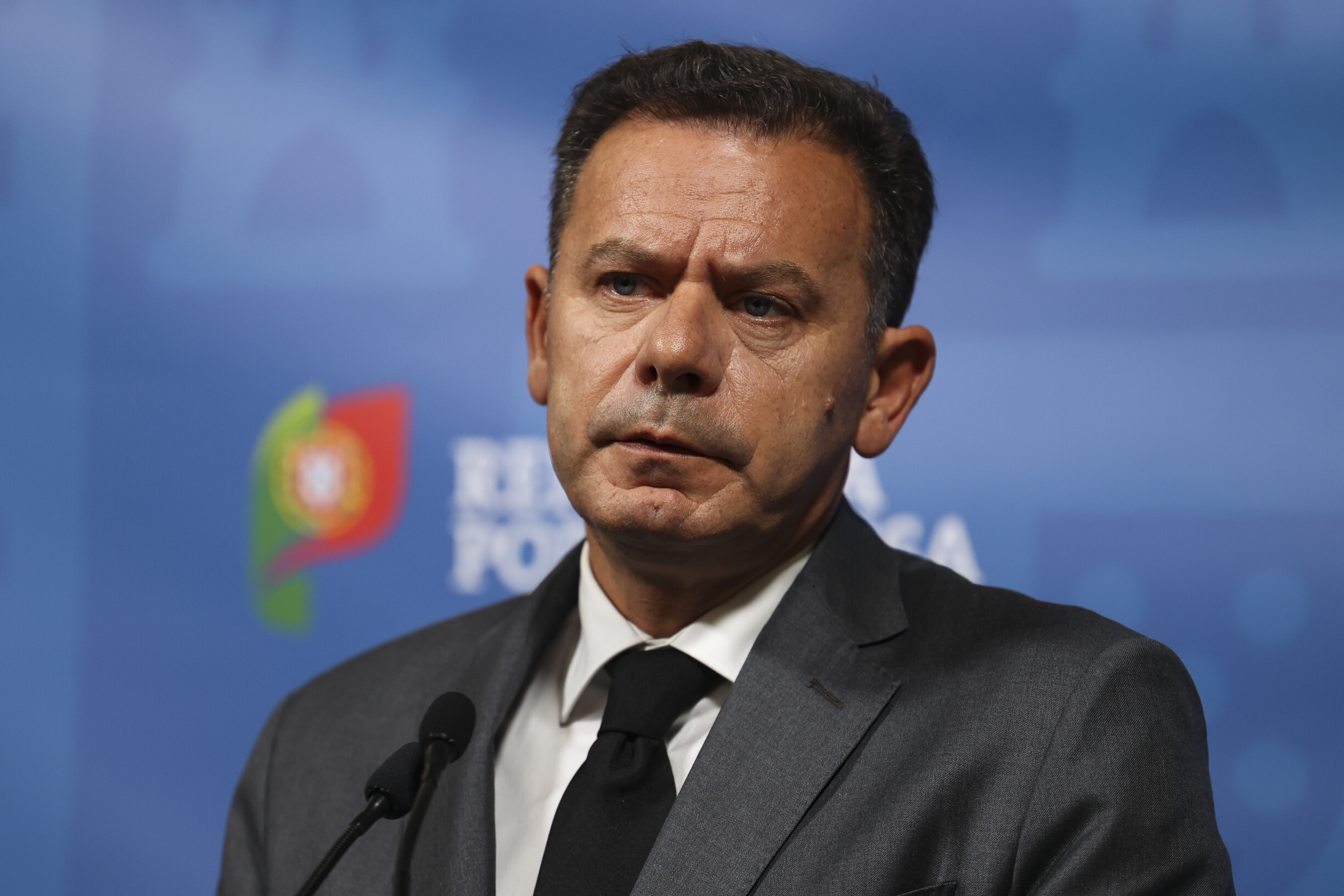



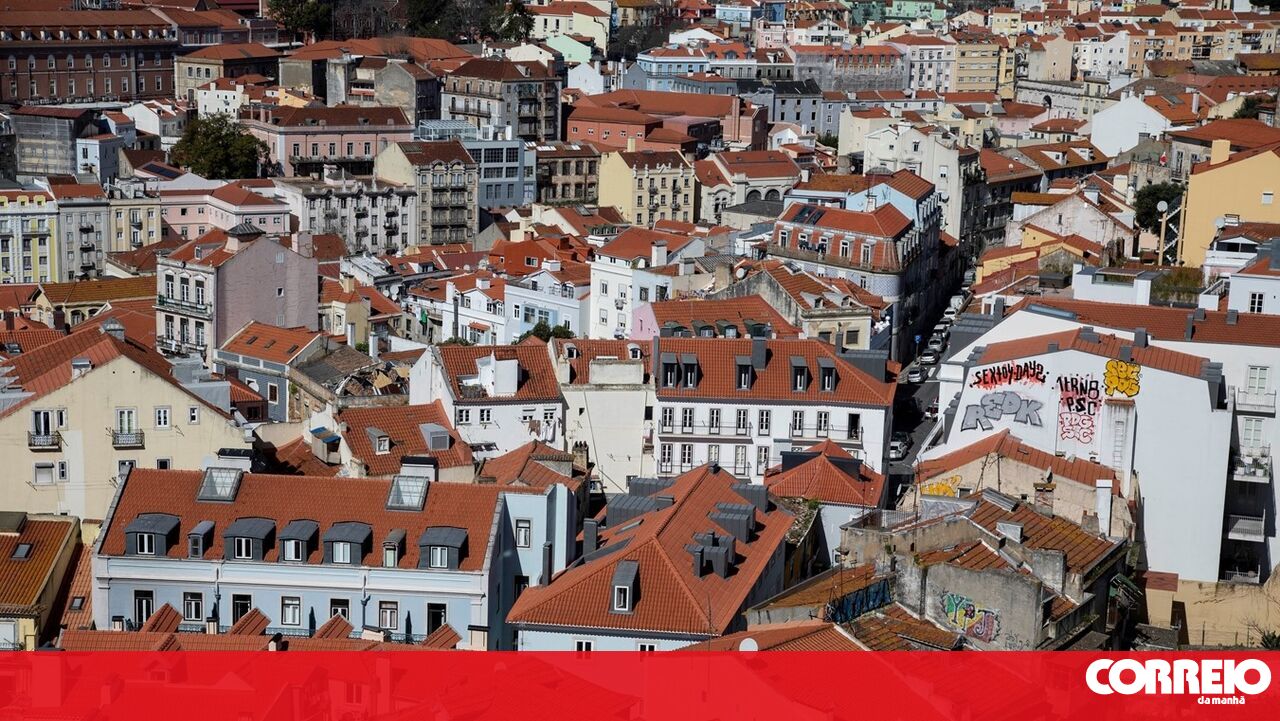
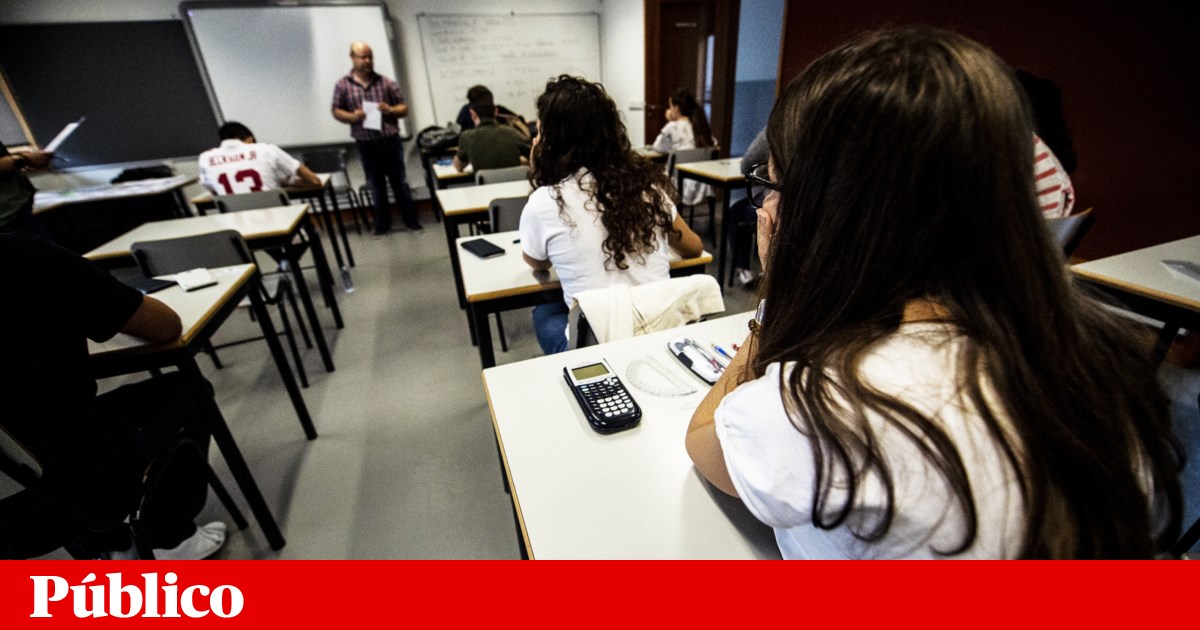
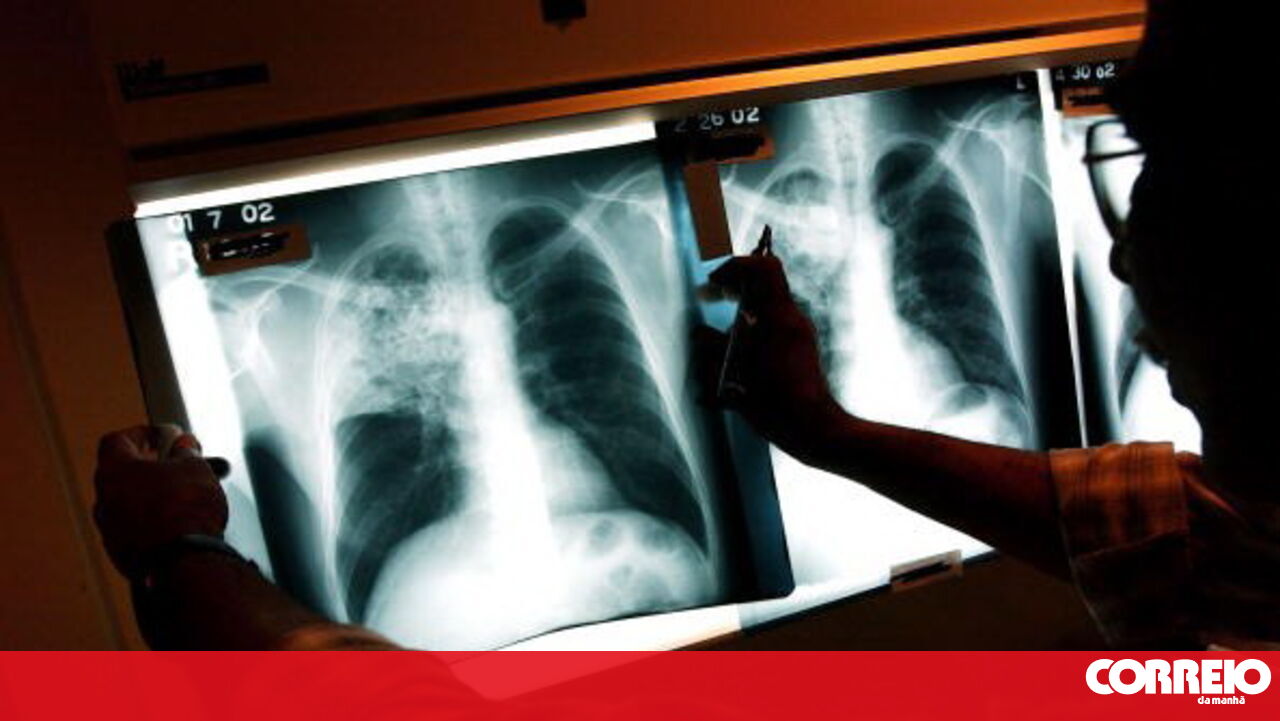

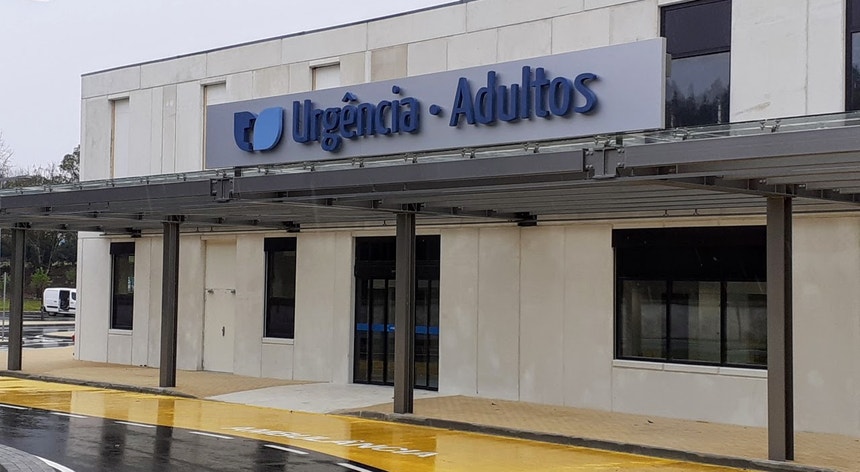

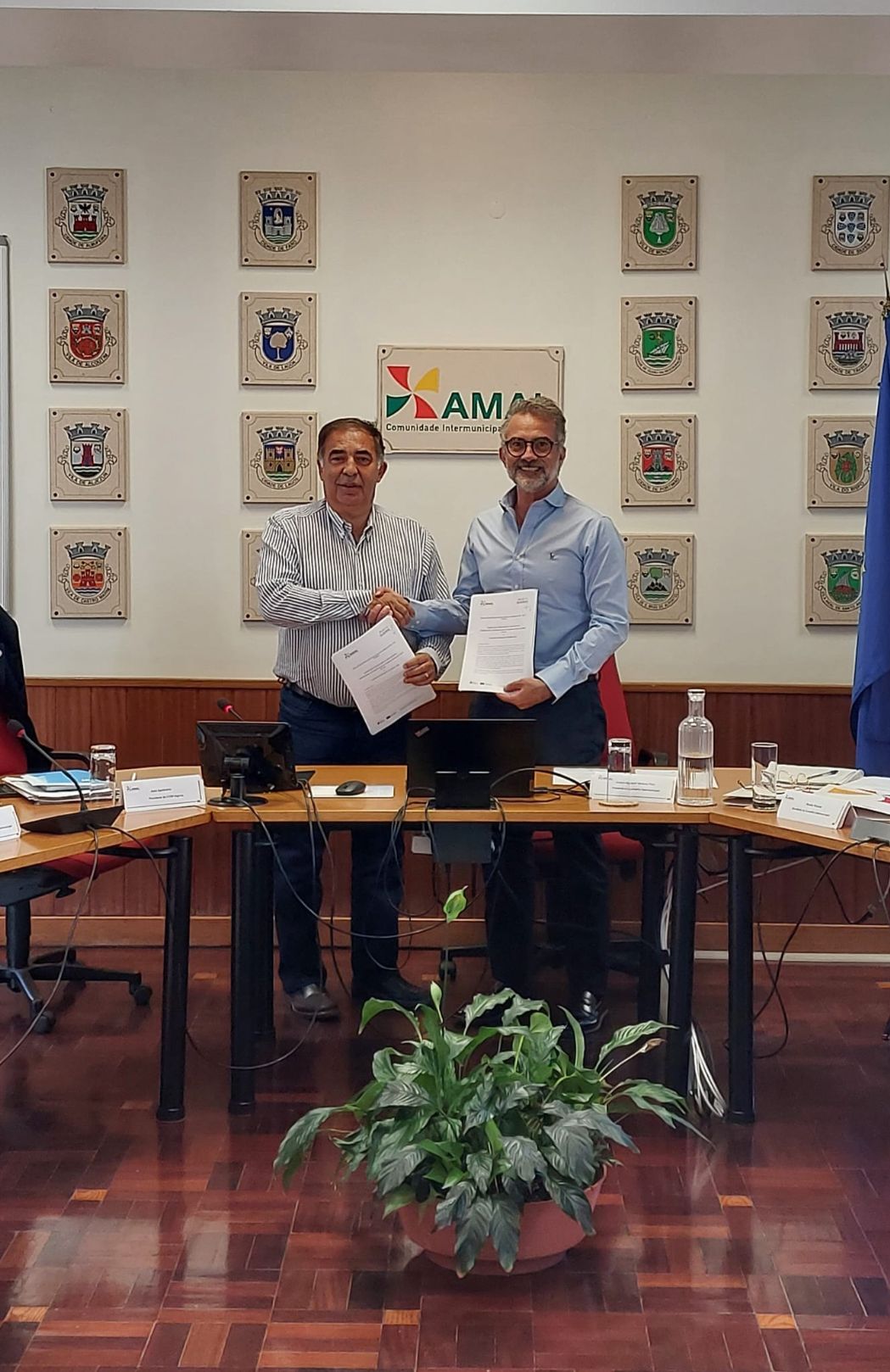

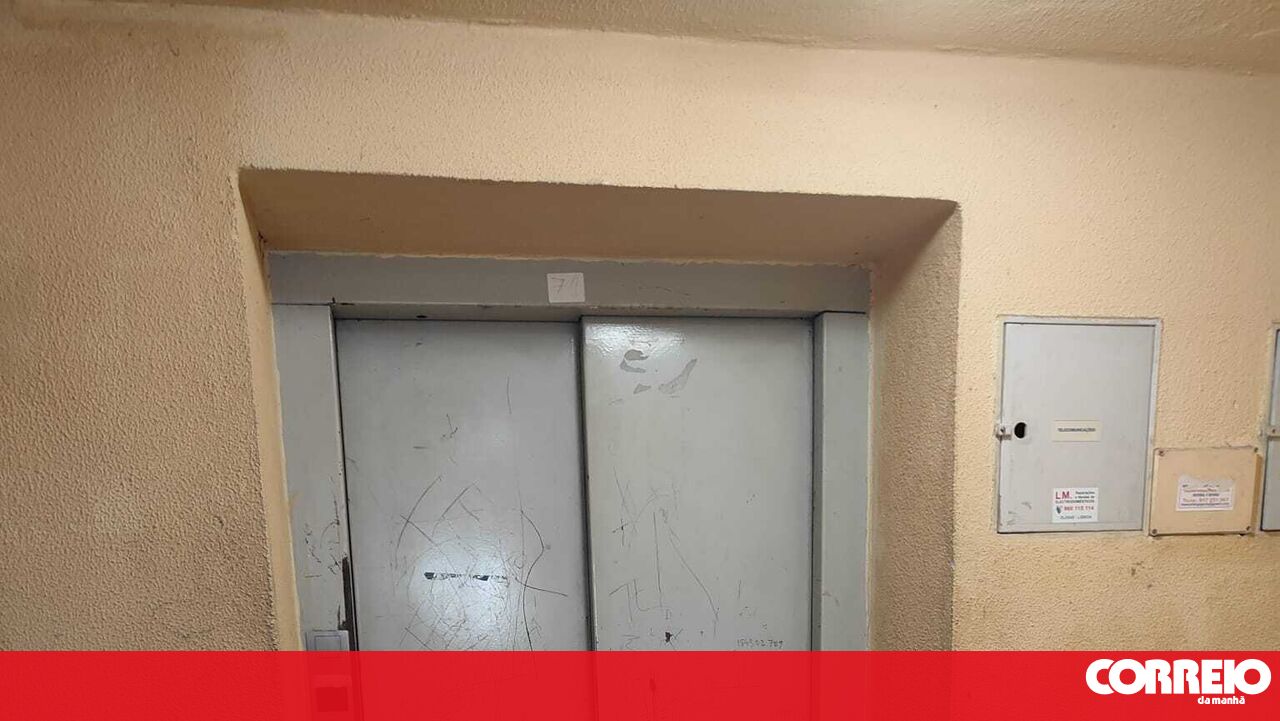


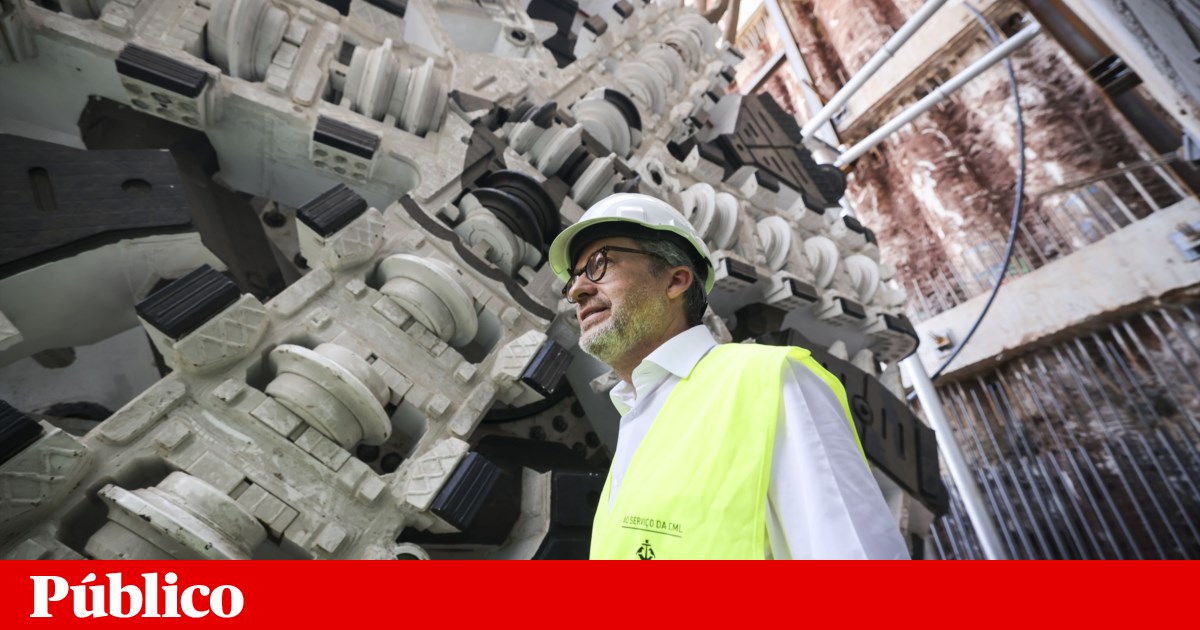
Comments
Join Our Community
Sign up to share your thoughts, engage with others, and become part of our growing community.
No comments yet
Be the first to share your thoughts and start the conversation!